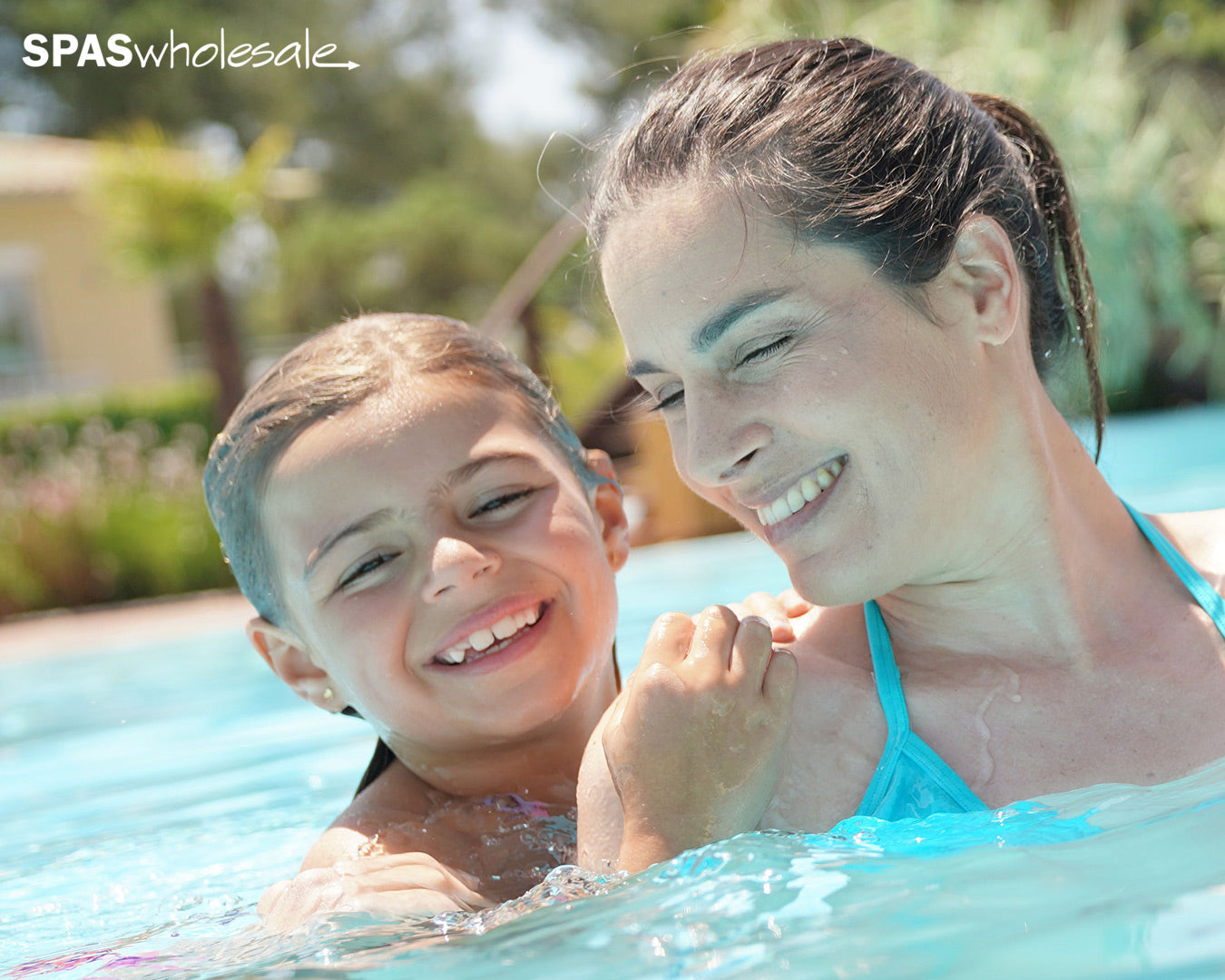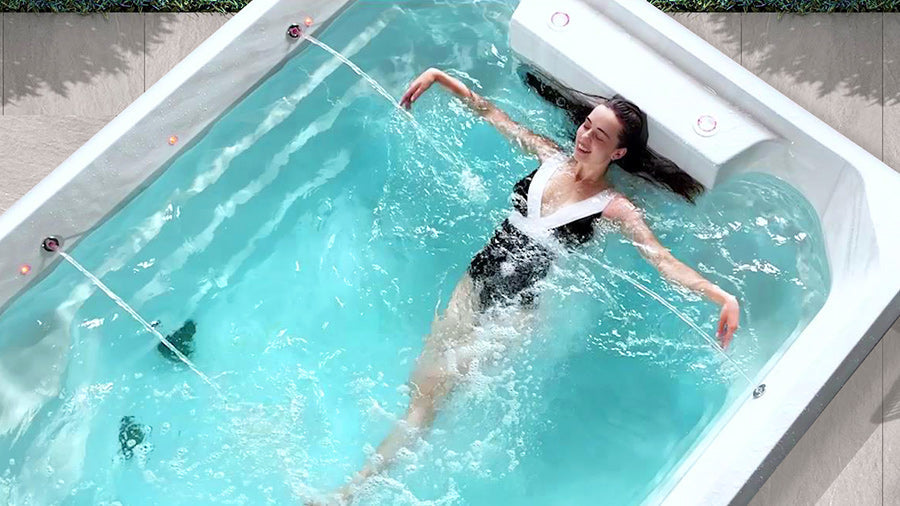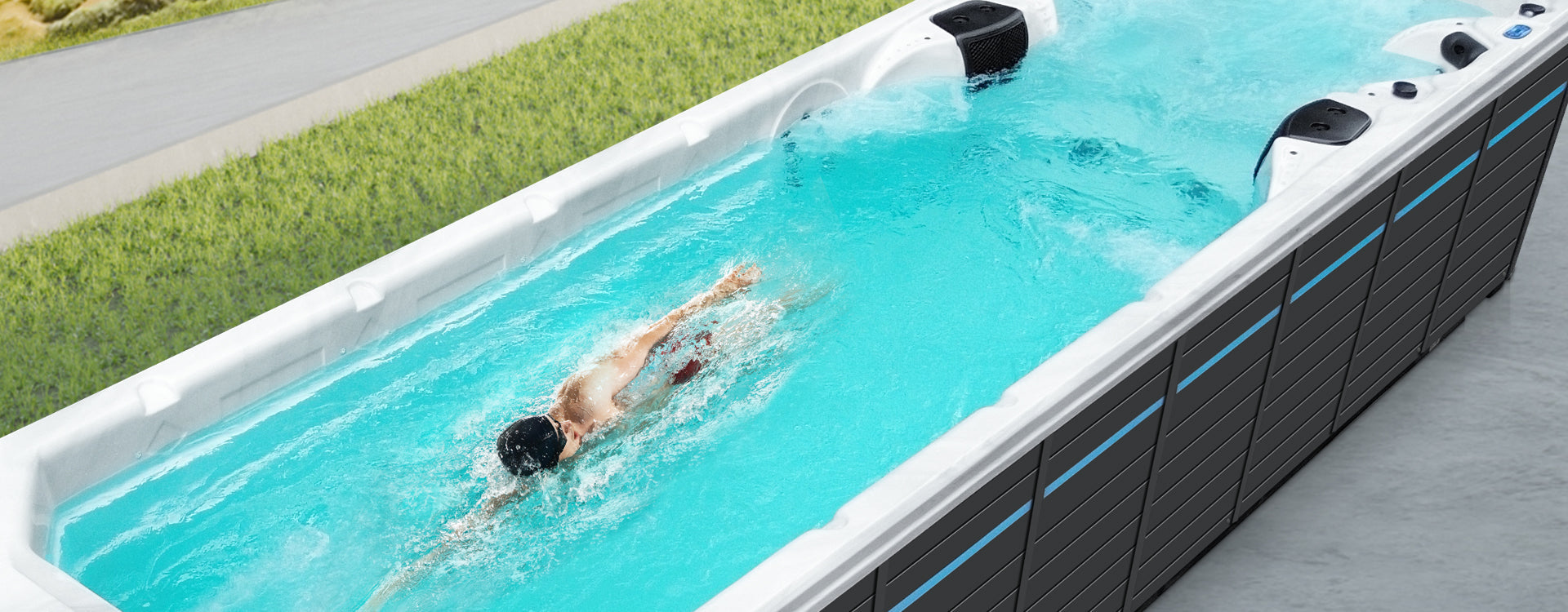Indulge Responsibly: Balancing Luxury and Sustainability in Your Hot Tub Experience
Hot tubs are synonymous with relaxation and luxury. However, with the growing concern for the environment, it’s essential to consider the ecological impact of our indulgences. This article will guide you through various ways to make your hot tub experience more sustainable without compromising on the luxury.
Opt for Energy-Efficient Heaters
Heating the water is one of the most energy-consuming aspects of hot tub maintenance. Opt for energy-efficient heaters that have a high Energy Star rating. These heaters consume less electricity, reducing your carbon footprint. Additionally, consider using solar heaters as an alternative, which harness the power of the sun to heat your hot tub.
Use a Good Quality Cover
A significant amount of energy is wasted in keeping the water hot due to evaporation and heat loss. Using a good quality, well-insulated cover can significantly reduce heat loss. Ensure that the cover fits well and is in good condition to maximize its efficiency.
Regular Maintenance for Efficiency
Regular maintenance is key to ensuring that your hot tub runs efficiently. Clean filters and ensure that the water circulation system is working optimally. This not only helps in reducing energy consumption but also extends the lifespan of your hot tub.
Opt for Natural Cleaning Products
Most cleaning products contain chemicals that can be harmful to the environment. Opt for natural cleaning products or consider making your own using ingredients like vinegar and baking soda. This will reduce the chemical load on the environment and can also be gentler on your skin.
Be Water Wise
Water conservation is a crucial aspect of eco-friendly hot tubbing. Consider using a pre-filter when filling your hot tub to reduce the need for chemicals. Also, change the water less frequently by keeping it clean and well-maintained. When it's time to change the water, use the old water for gardening instead of just draining it away.
Plant Some Greenery Around
Planting trees and shrubs around your hot tub not only enhances the aesthetic appeal but also contributes to the environment. The plants act as natural air purifiers and create a more relaxing and natural ambiance.
Educate and Encourage
Share your knowledge about sustainable hot tub practices with friends and family. Encourage them to adopt eco-friendly practices and understand the importance of protecting the environment.
FAQ: Eco-Friendly Hot Tubbing
What are energy-efficient heaters and why should I use them for my hot tub?
Energy-efficient heaters are designed to use less electricity to heat the water in your hot tub. They often have a high Energy Star rating, which means they meet certain energy efficiency standards. Using energy-efficient heaters can help reduce your hot tub's energy consumption, lower electricity bills, and minimize your carbon footprint.
How does a hot tub cover contribute to sustainability?
A hot tub cover reduces the amount of heat that escapes from the water when the hot tub is not in use. This means that less energy is needed to keep the water at the desired temperature. Additionally, covers prevent water evaporation, which helps in conserving water.
What natural cleaning products can I use for my hot tub?
You can use vinegar and baking soda as natural cleaning agents for your hot tub. Vinegar is effective in removing calcium deposits and scum lines, while baking soda can be used as a gentle scrub for surfaces. There are also commercially available natural cleaning products made from plant-based ingredients.
How can I conserve water while using a hot tub?
To conserve water, you can use a pre-filter to reduce the need for chemicals, which allows you to change the water less frequently. Also, ensure that your hot tub cover is in good condition to minimize evaporation. When you need to change the water, consider using the old water for gardening.
How do plants around my hot tub contribute to an eco-friendly spa experience?
Plants around your hot tub can act as natural air purifiers, absorbing carbon dioxide and releasing oxygen. They also add to the natural ambiance, making your spa experience more relaxing. Additionally, they can provide shade which can help in reducing water evaporation and heat loss.
How often should I perform maintenance on my hot tub for energy efficiency?
It’s recommended to check your hot tub’s filters, water quality, and circulation system at least once a week. Doing regular maintenance ensures that your hot tub runs efficiently, which can reduce energy consumption.
Can I use solar energy to heat my hot tub?
Yes, using solar heaters is an excellent eco-friendly alternative to traditional electric heaters. Solar heaters use the sun's energy to heat the water, which can significantly reduce electricity consumption and your hot tub's environmental impact.
How can I educate others about eco-friendly hot tub practices?
Share information and tips about sustainable hot tub practices with friends and family. Encourage them to adopt these practices and explain the environmental benefits. You can also share articles, like this one, and participate in community forums or social media groups dedicated to sustainable living.
Are there any eco-friendly accessories I can add to my hot tub?
Yes, you can add LED lights that consume less energy compared to traditional bulbs, use a solar-powered thermometer, or install a wind-powered water feature. These accessories not only enhance your hot tub experience but also contribute to sustainability.
Where can I find more information on sustainable hot tub practices?
You can find more information on sustainable hot tub practices through environmental organizations, hot tub manufacturers’ websites, forums, and blogs dedicated to sustainable living and eco-friendly products.
Conclusion
Making your hot tub experience eco-friendly doesn’t mean you have to compromise on the luxury and relaxation it offers. Simple changes in how you maintain and use your hot tub can have a significant impact on reducing its environmental footprint. By adopting these practices, you can enjoy your hot tub in a responsible and sustainable way.
More articles from spas wholesale
- The Surprising Health Benefits of a Hot Tub
- Top 10 Essential Tips Every New Hot Tub Owner Should Know
- Chlorine or Bromine: Selecting the Ideal Sanitiser for Your Hot Tub Experience
- The Benefits of Hot Tubs for Skin Health
- Your Ultimate Guide to Spa Delivery and Installation
- Troubleshooting Hot Tub Problems: Water Issues
- 10 Benefits of Owning a Swim Spa
- Removing White Mold from Spas
- 8 Most Frequently Asked Questions About Spa Ownership





Share:
How to Properly Store Your Hot Tub During Off-Season
The Science Behind Hydrotherapy: How Hot Tubs Improve Your Health